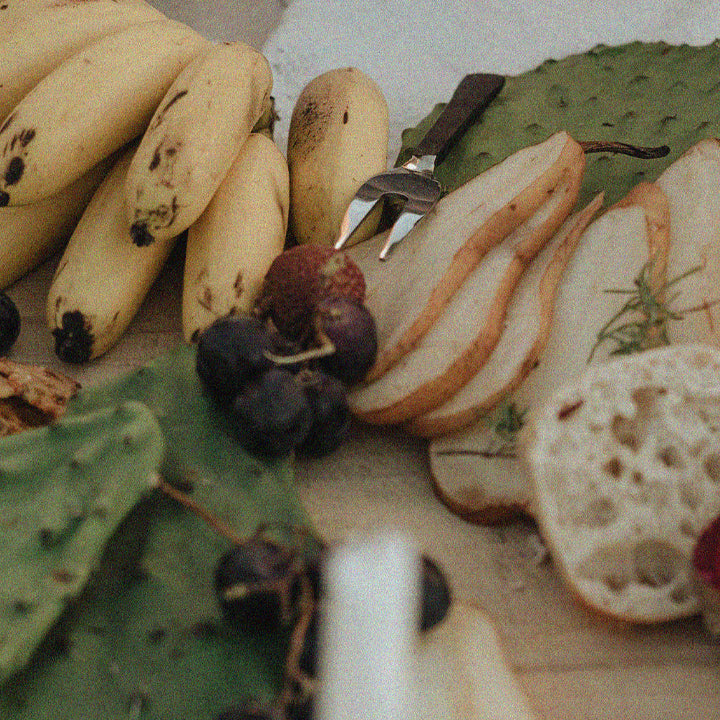If you suffer from Premenstrual syndrome (PMS), you’re certainly not alone. We all know how it feels to become irritated, bloated, or anxious in the lead-up to your period. Although it’s totally normal to feel this way, there are a few things you can do to help control PMS symptoms.
There’s nothing worse than feeling out of control of your body, so we’ve compiled DAME’s top tips to help you fight PMS.
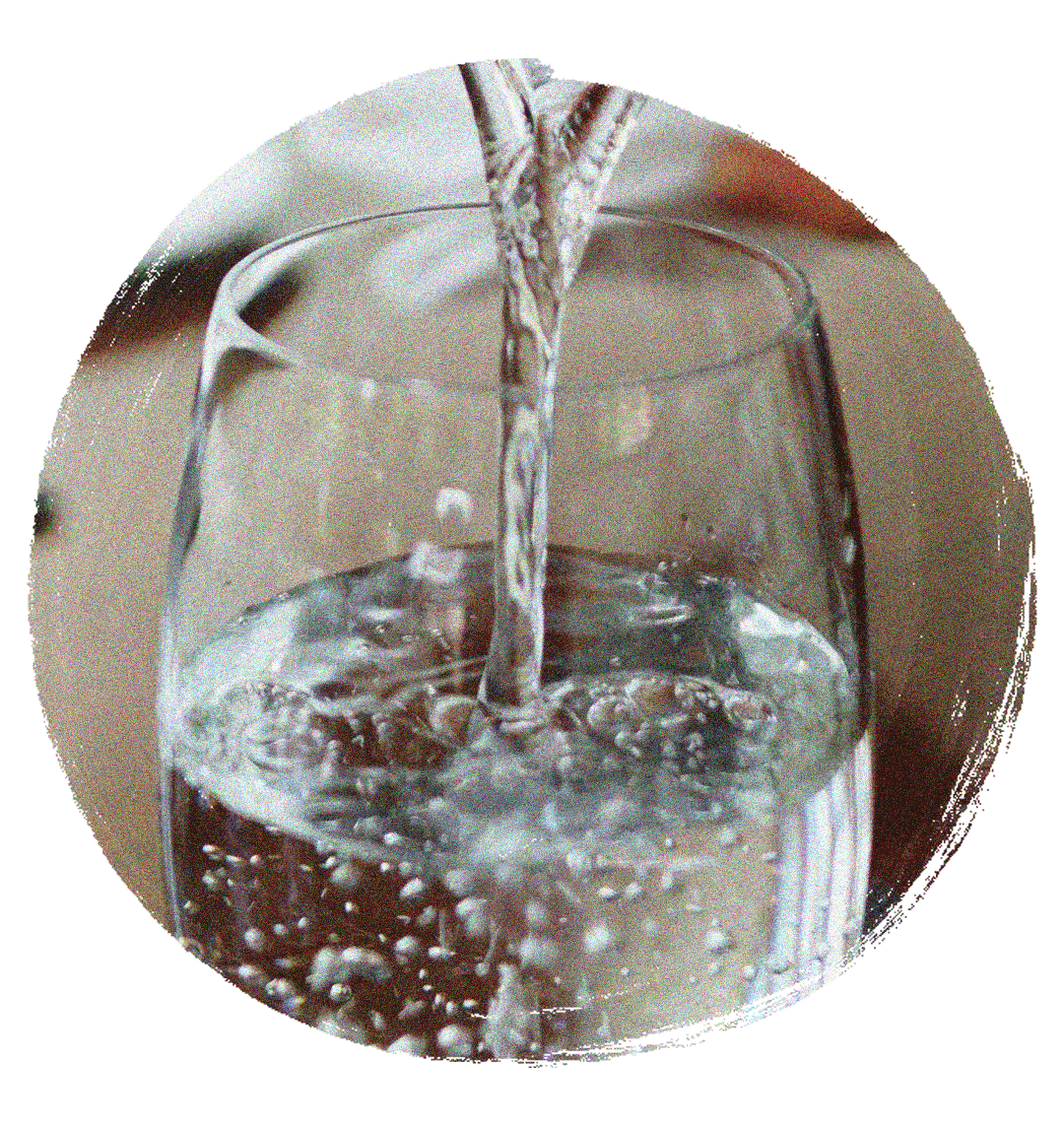
1. Drink lots of water
We’ve been told it all our lives, but it is true… water consumption is super important. Keeping hydrated will reduce bloating and aid digestion. If you like a little flavour and are bored of plain old water, try adding chopped lemons, cucumber or other fruits to spice up your H2O.
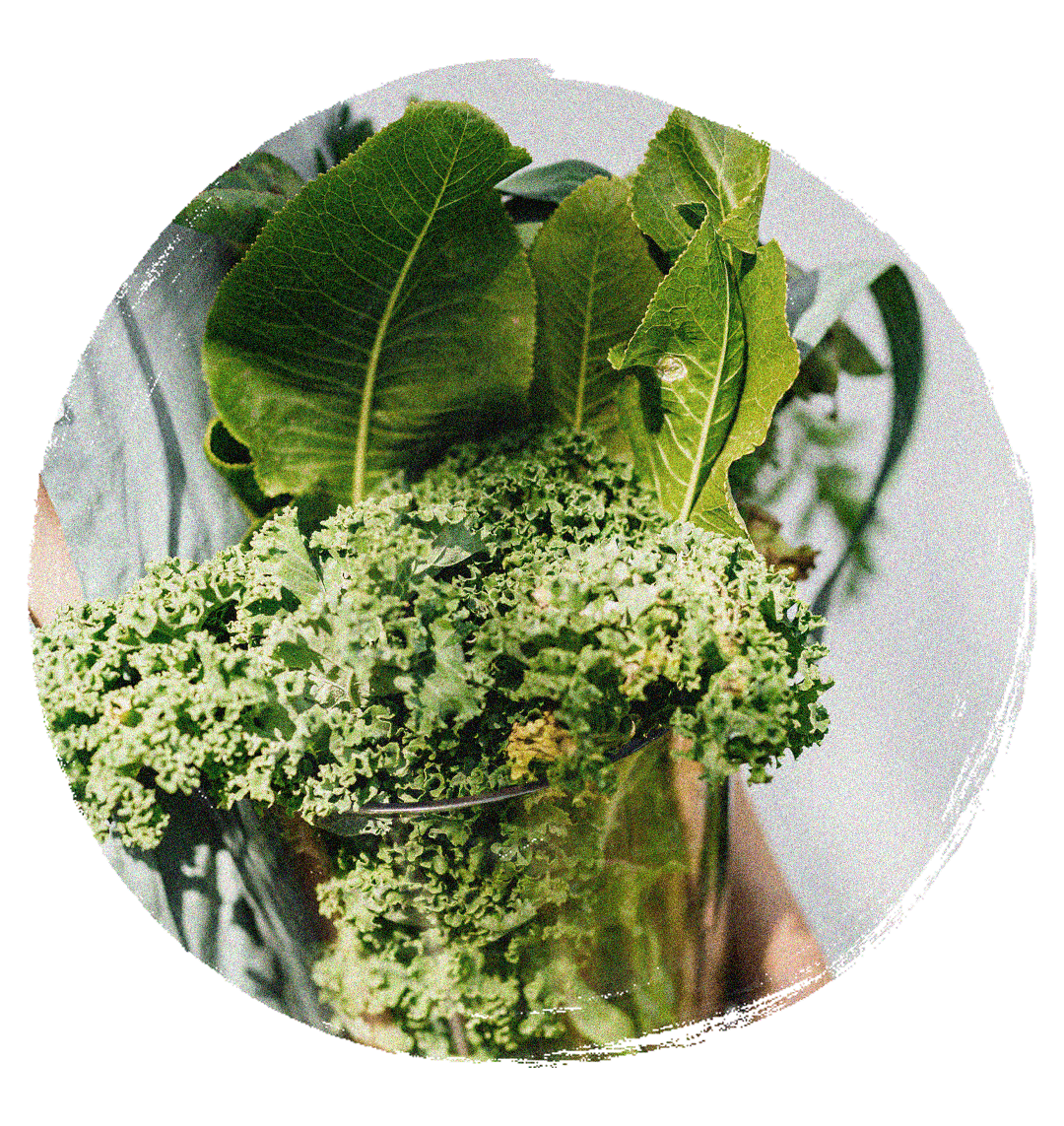
2. Eat iron-rich foods
Your body loses iron each month during your period, but with some changes to your diet you can help restore your iron levels. If you eat meat, red meat is the best way to get iron into your diet. Alternatively, dark green leafy vegetables like spinach and kale or even beans and lentils are great for iron. If none of these foods sound like something you’d want to eat, you could try taking an iron supplement which is usually in pill form.

3. Exercise
It may feel like the last thing you want to do when you’re hormonal, but exercising can really help with cramping, bloating and mood-related PMS symptoms. Whether it’s just a brisk walk or going to the gym, anything you can do to get active and moving will help to combat PMS symptoms.
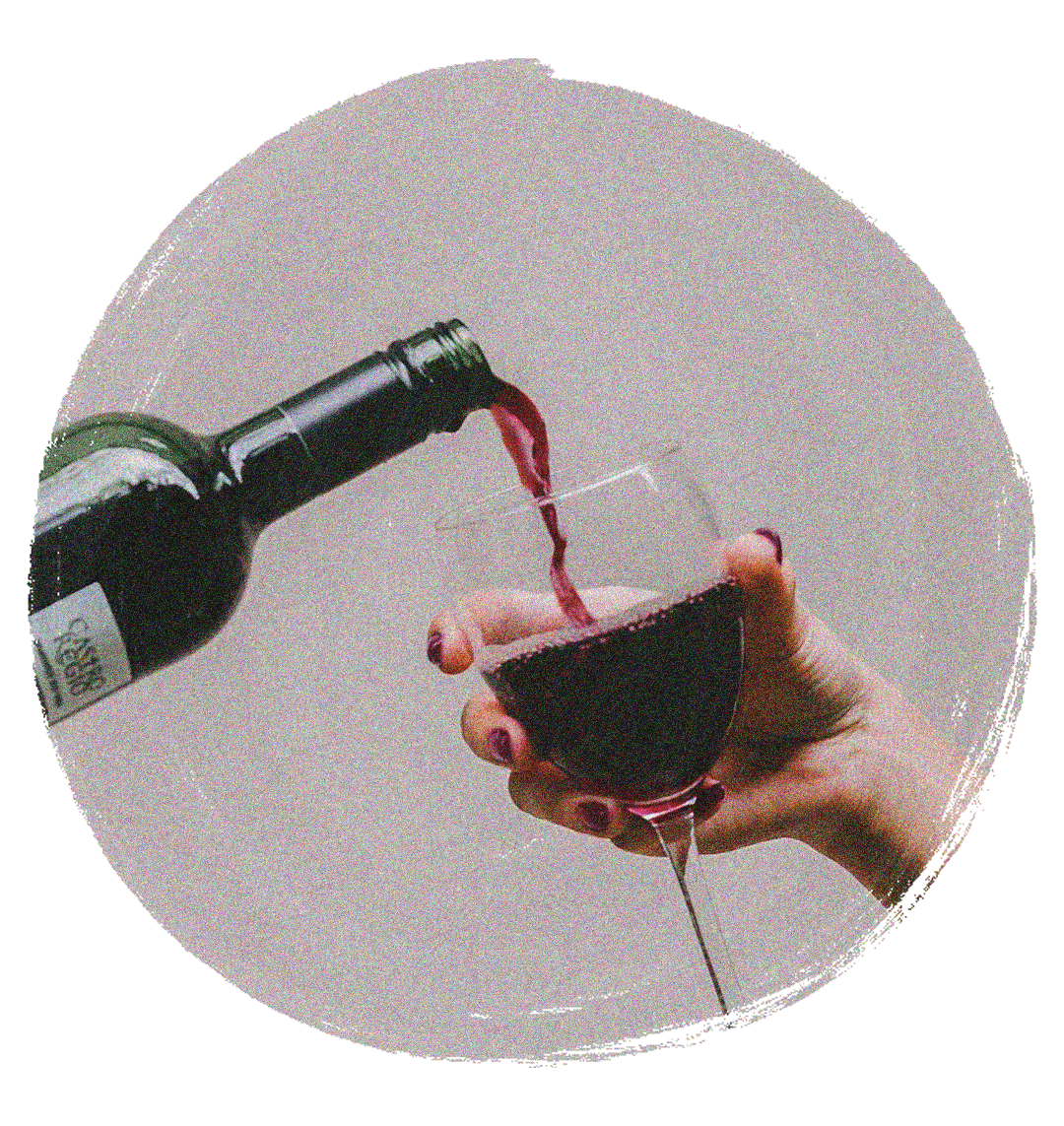
4. Limit alcohol intake
Alcohol can make you seem relaxed, but it seriously disrupts the quality of your sleep. The effect is different from person to person, but you may experience trouble falling asleep, find it hard to stay asleep during the night or even end up oversleeping. All of these things can affect your mood and intensify your PMS symptoms.

5. Limit caffeine
For many of the same reasons as alcohol, caffeine can contribute to PMS symptoms too. Try to have your last cup of coffee six hours before you’re due to head to bed.
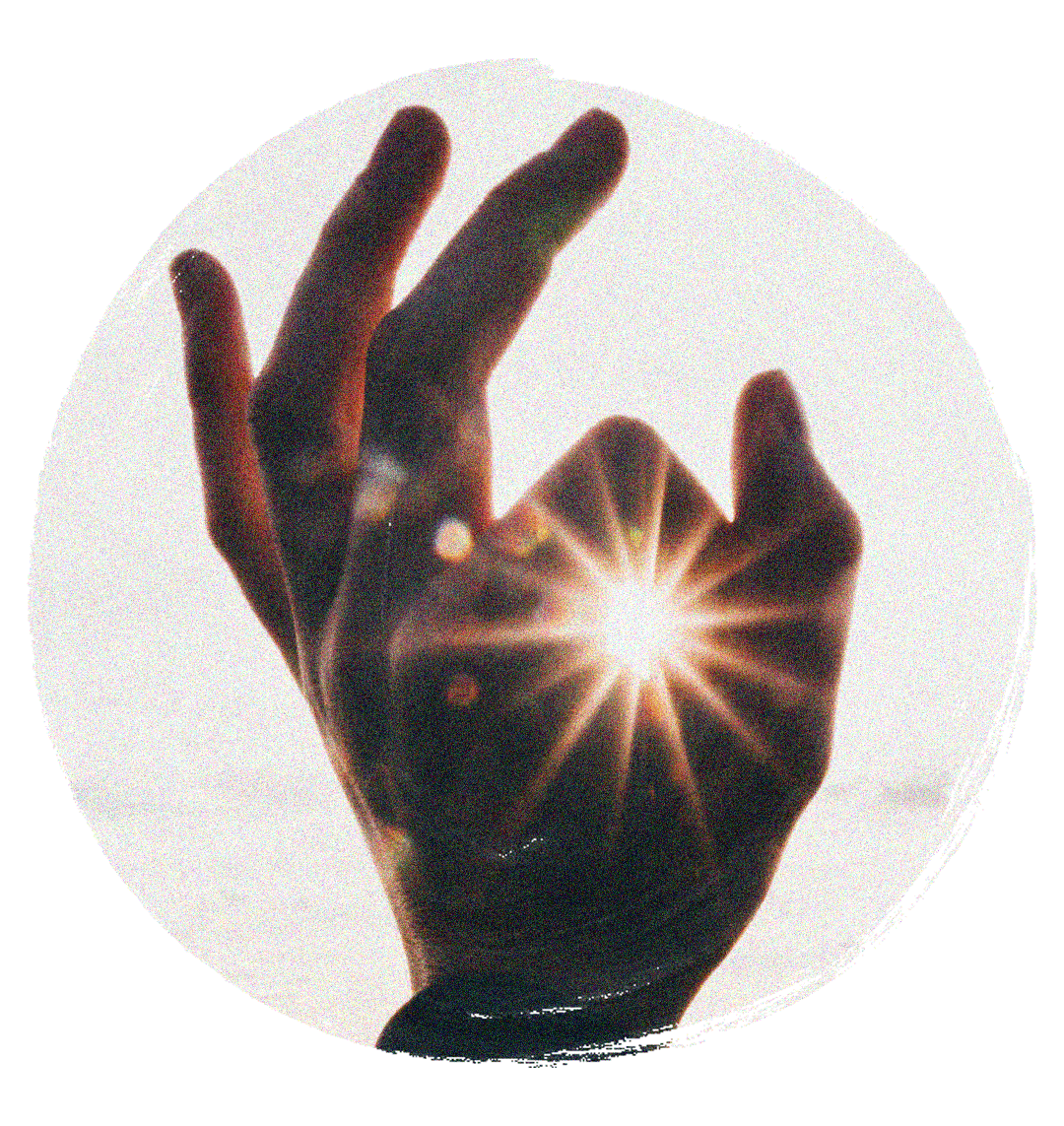
6. Increase your vitamin D
Some research shows that upping your intake of vitamin D can help to reduce PMS symptoms. It can be found naturally in foods like oysters, salmon, and sardines. Otherwise, it’s available in supplement form or from exposure to sunlight (just remember your sunscreen!)
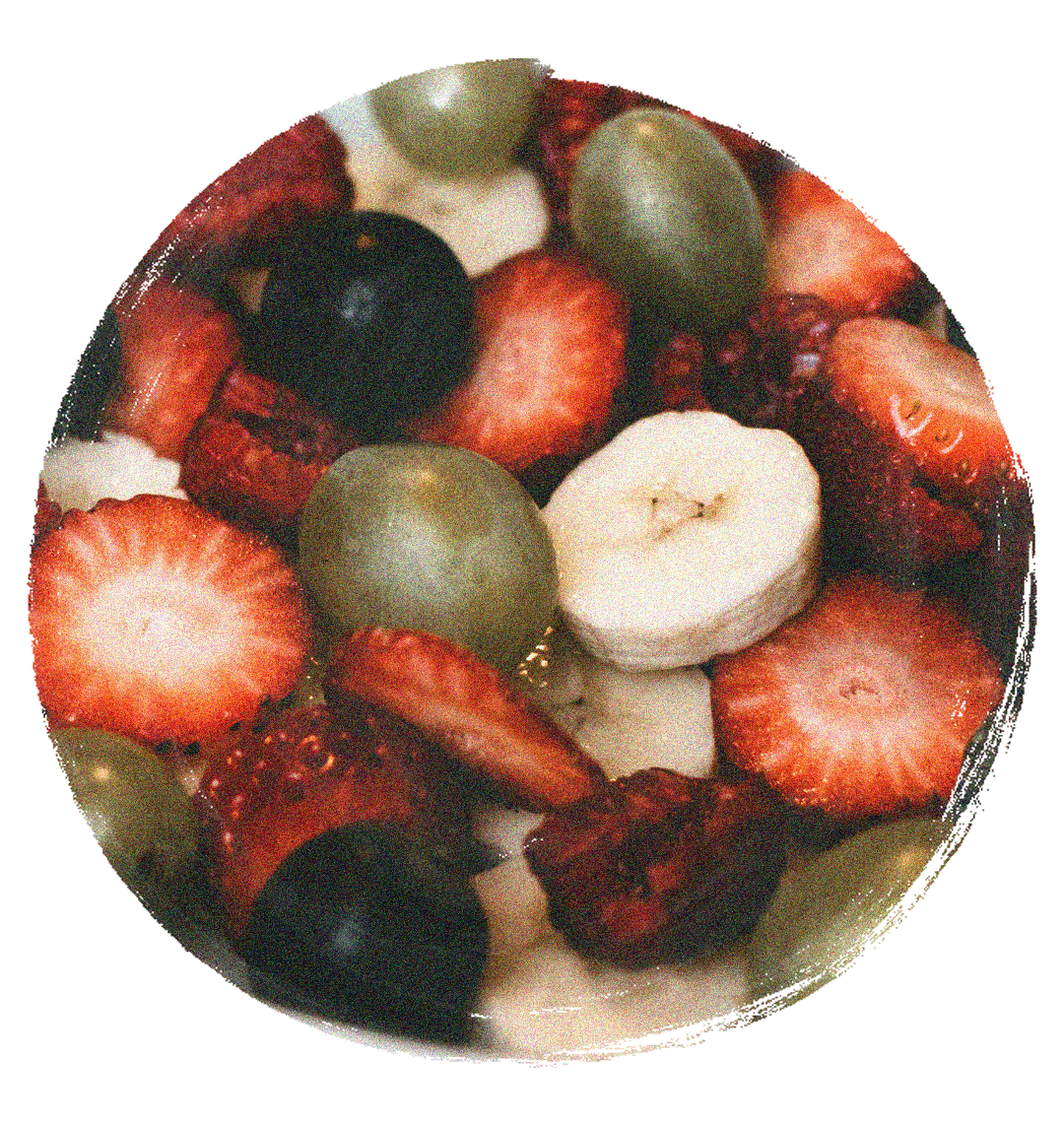
7. Eat a variety of fruit and vegetables
You want to think about your fruit and vegetable intake like a rainbow – the more colour variety the better. Leafy greens in particular are rich in iron and B vitamins, which can help reduce feelings of tiredness before and during your period. Fruit is a great way to satisfy sugar cravings while getting additional vitamins and even extra water intake.
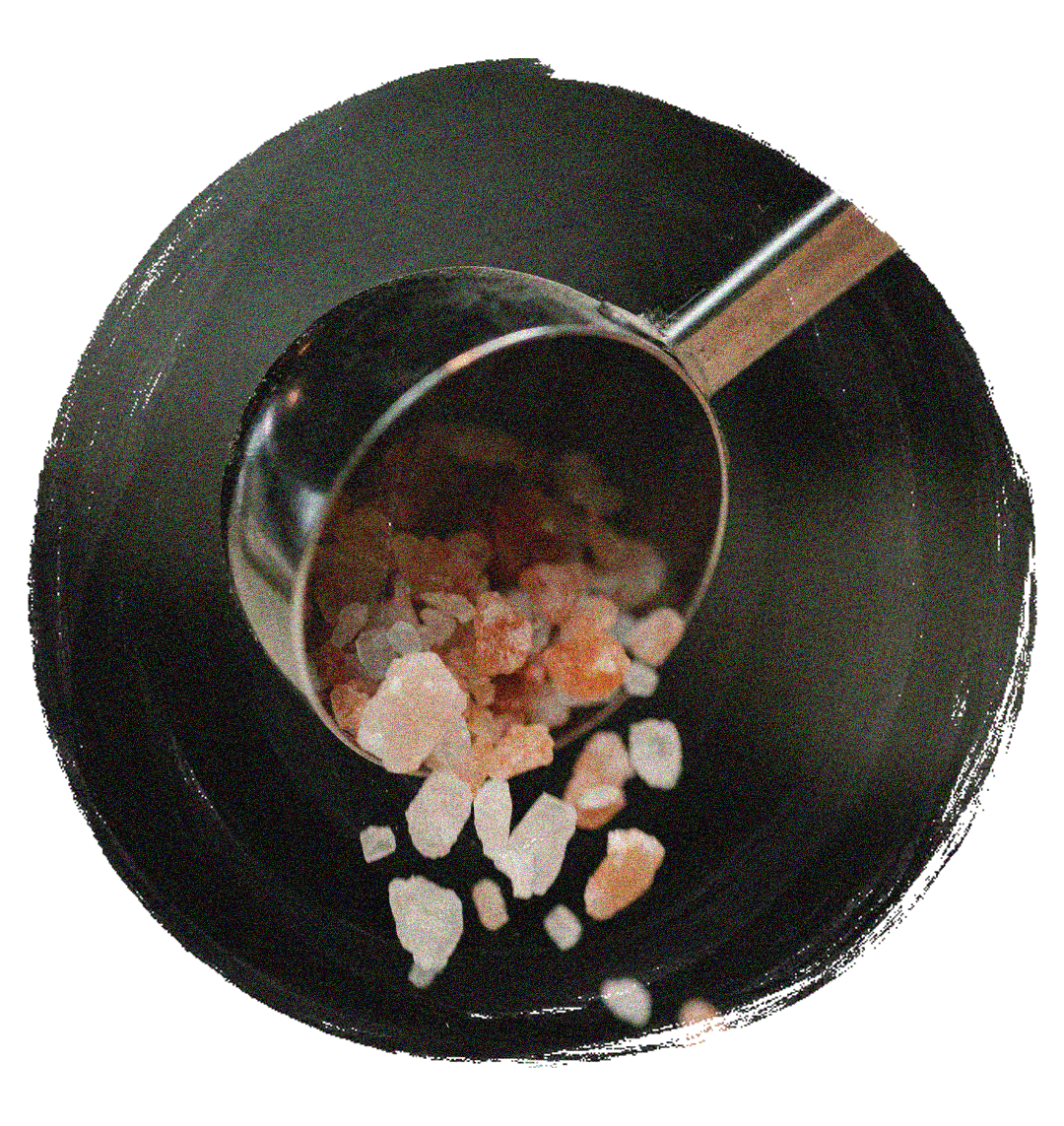
8. Reduce salt intake
Try to cook your own food when you can, rather than eating processed foods. Salt is often hidden in processed foods and can contribute to PMS symptoms such as bloating or breast tenderness.
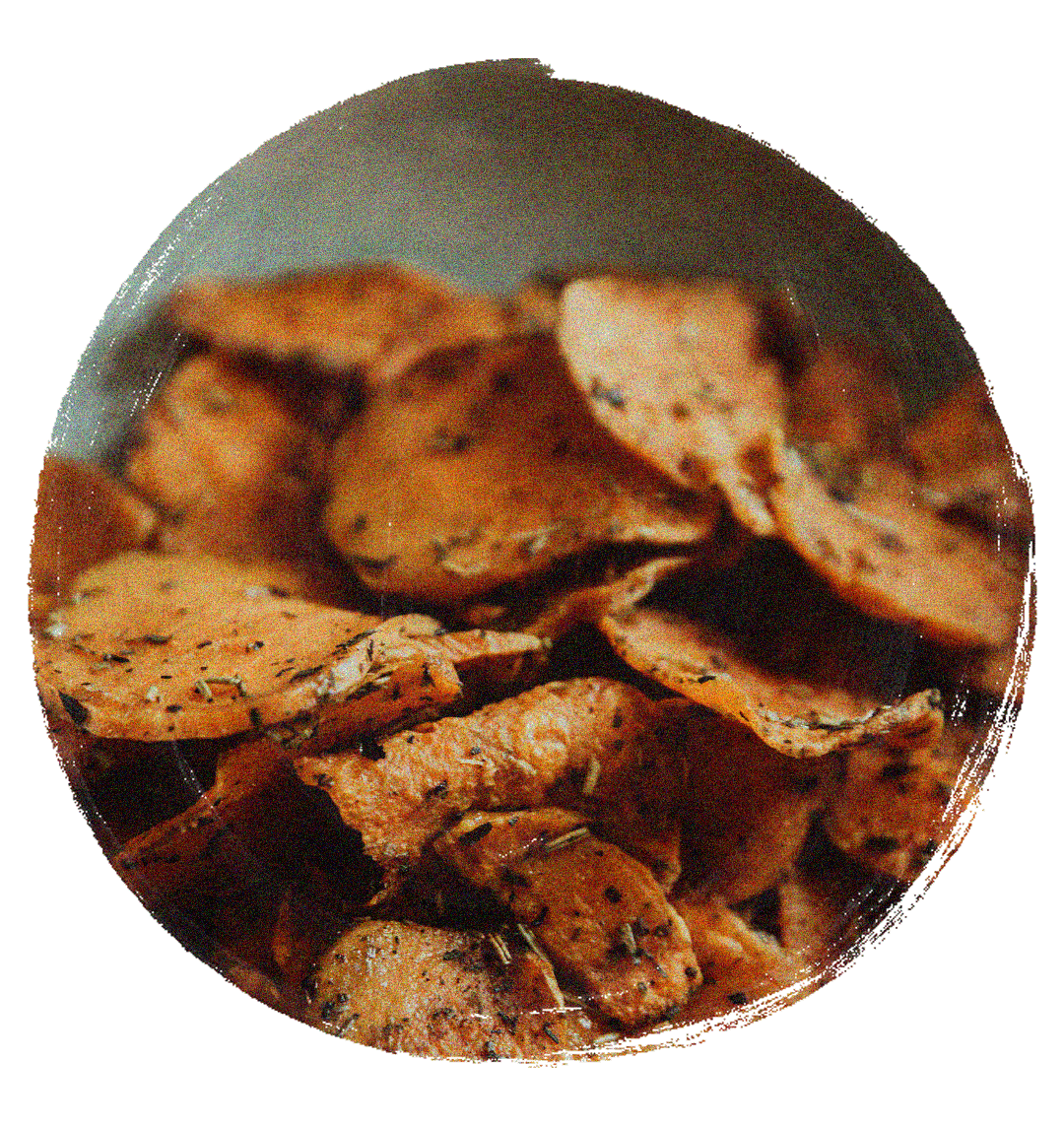
9. Eat complex carbs
Foods that have complex carbohydrates are rich in fibre and consist of three or more natural sugars. These foods enter your bloodstream gradually, meaning your insulin levels stay stable and so will your mood. Consuming sweet potatoes, squash, potatoes, and lentils is a good place to start!
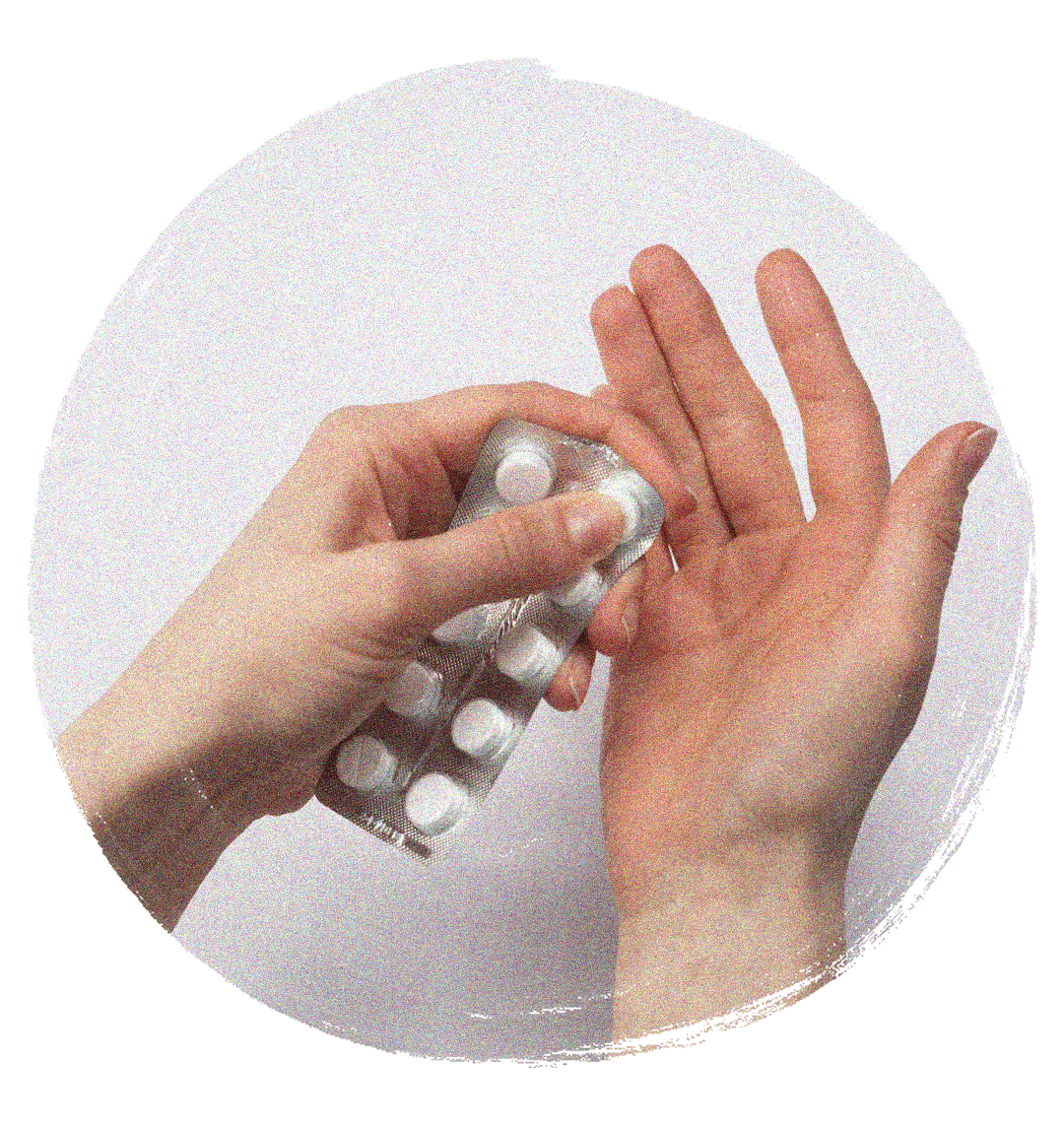
10. Medical intervention
In some cases, changing your eating and exercise habits aren’t enough to help with PMS symptoms. If you’re still struggling, your doctor may be able to prescribe some medication to help.
In some serious cases, PMS may escalate to Premenstrual dysphoric disorder (PMDD), which calls for more serious treatment. In either case, if you are seriously struggling in the lead-up to your period, contact your GP.


